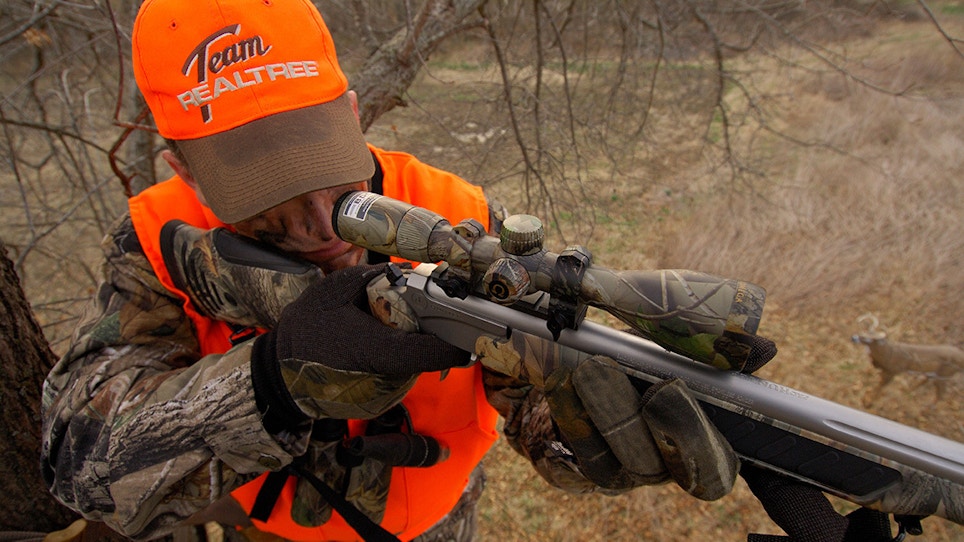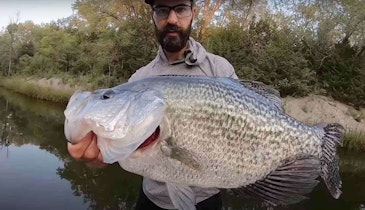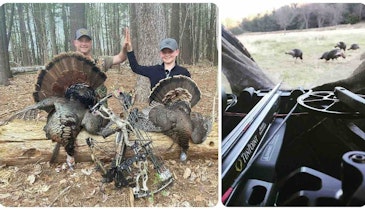A new study found less fragmentation upon impact is produced by traditional bullets for muzzleloading and black powder rifle cartridges. The study was performed by researchers in the Department of Fisheries and Wildlife at Oregon State University. The results have been published in the Journal of Fish and Wildlife Management.
The findings, according to the university’s website, suggest hunters using muzzleloaders or black powder rifles have a reduced risk of secondary lead poisoning when eating game meat. It concludes also there may be a reduced risk to scavenging animals, as well.
For the study, researchers evaluated a traditional .54-caliber roundball and a modern-designed .54-caliber conical bullet for muzzleloaders and two types of .45-70-caliber black powder rifle cartridges and compared them with a modern Remington Core-Lokt .30-06. Researchers found that the .30-06 bullets retained a mean 57 1/2 percent of their original mass. The remaining 42 1/2 percent fragmented. According to the university website, mean mass retention for muzzleloader and black powder cartridge bullets ranged from 87.8 to 99.7 percent.
“We tested penetration and fragmentation for each bullet type in both water and ballistics gel,” Dana Sanchez, an Oregon State wildlife extension specialist and lead author of the article, said. “Obviously these kinds of artificial tests cannot replicate conditions in the field, but the striking differences in fragmentation suggests follow-up tests on game animals harvested in actual hunting situations may be warranted.
The study was triggered mostly out of curiosity. Clinton Epps, a wildlife ecologist at Oregon State and co-author of the story, said bullet fragmentation has not been described for black-powder cartridges, unlike for high-velocity rifles.
“There is a lot more complexity to the lead vs. non-lead ammunition discussion than many people realize and the black powder/muzzleloader niche of hunters needs to be included in the conversation,” Epps said.
What do you think of this study? Does it make you think differently about either rifle style?






